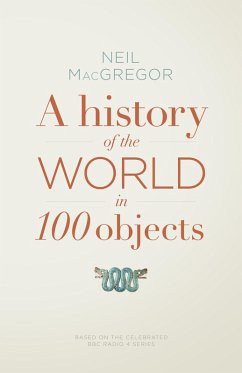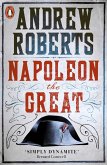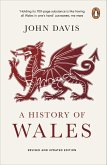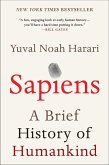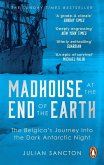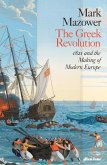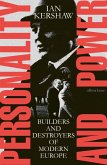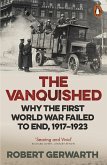This book takes a dramatically original approach to the history of humanity, using objects which previous civilisations have left behind them, often accidentally, as prisms through which we can explore past worlds and the lives of the men and women who lived in them. The book's range is enormous. It begins with one of the earliest surviving objects made by human hands, a chopping tool from the Olduvai gorge in Africa, and ends with an object from the 21st century which represents the world we live in today.
Neil MacGregor's aim is not simply to describe these remarkable things, but to show us their significance - how a stone pillar tells us about a great Indian emperor preaching tolerance to his people, how Spanish pieces of eight tell us about the beginning of a global currency or how an early Victorian tea-set tells us about the impact of empire. Each chapter immerses the reader in a past civilisation accompanied by an exceptionally well-informed guide. Seen through this lens, history is a kaleidoscope - shifting, interconnected, constantly surprising, and shaping our world today in ways that most of us have never imagined. An intellectual and visual feast, it is one of the most engrossing and unusual history books published in years.
Neil MacGregor's aim is not simply to describe these remarkable things, but to show us their significance - how a stone pillar tells us about a great Indian emperor preaching tolerance to his people, how Spanish pieces of eight tell us about the beginning of a global currency or how an early Victorian tea-set tells us about the impact of empire. Each chapter immerses the reader in a past civilisation accompanied by an exceptionally well-informed guide. Seen through this lens, history is a kaleidoscope - shifting, interconnected, constantly surprising, and shaping our world today in ways that most of us have never imagined. An intellectual and visual feast, it is one of the most engrossing and unusual history books published in years.
Dieser Download kann aus rechtlichen Gründen nur mit Rechnungsadresse in A, B, BG, CY, CZ, D, DK, EW, E, FIN, F, GR, HR, H, IRL, I, LT, L, LR, M, NL, PL, P, R, S, SLO, SK ausgeliefert werden.

Die 100 Objekte des
Neil Mac Gregor
Eines der schönsten Geschichtsbücher der letzten Jahre ist nicht als Buch, sondern für das trotz aller Medienrevolutionen noch immer quicklebendige Radio konzipiert worden. In Features für die BBC stellte der Direktor des Britischen Museums Neil Mac Gregor einhundert Objekte vor und erzählte damit eine kleine Weltgeschichte. Es ging um die Mumie des Hornedjitef, ein goldenes Lama der Inkas, um einen Revolutionsteller aus St. Petersburg, eine Kreditkarte und dabei immer auch um die Weise, in der Menschen ihr Leben entwerfen. Der Erfolg war groß und aus der Radioserie wurde ein Buch. Als es 2011 im Verlag C.H. Beck auf deutsch erschien, waren Kritiker und Leser gleichermaßen begeistert.
Nun kann man die Weltgeschichte in Objekten wieder nachhören. (Neil MacGregor: Eine Geschichte der Welt in 100 Objekten. Übersetzt von Waltraud Götting, Andreas Wirthensohn. Gelesen von Hanns Zischler, Nico Holonics, Rahel Comtesse, Detlef Kügow. Der Hörverlag, München 2012. 20 CD, ca. 1350 Minuten, 49,99 Euro). Die vollständige Lesung wurde vom Bayerischen Rundfunk aufwendig produziert, im Booklet finden sich kleine, nützliche Abbildungen der Gegenstände und Kunstwerke. Leider hat der Regisseur Antonio Pellegrino die Lesung wie einen Vortrag angelegt. Das klingt dann treu, ernst und gründlich. Der Witz des Buches, das als Museumsführung, nicht als Vorlesung verstanden werden will, leidet darunter. Und dennoch ist man schnell gefangen von diesen Exkursionen zu dem, was bleibt.
JBY
DIZdigital: Alle Rechte vorbehalten – Süddeutsche Zeitung GmbH, München
Jegliche Veröffentlichung und nicht-private Nutzung exklusiv über www.sz-content.de

